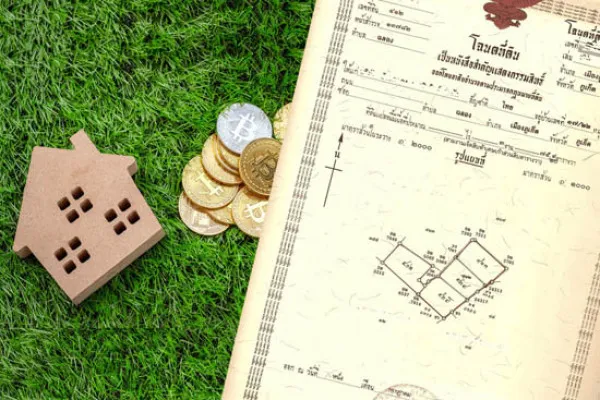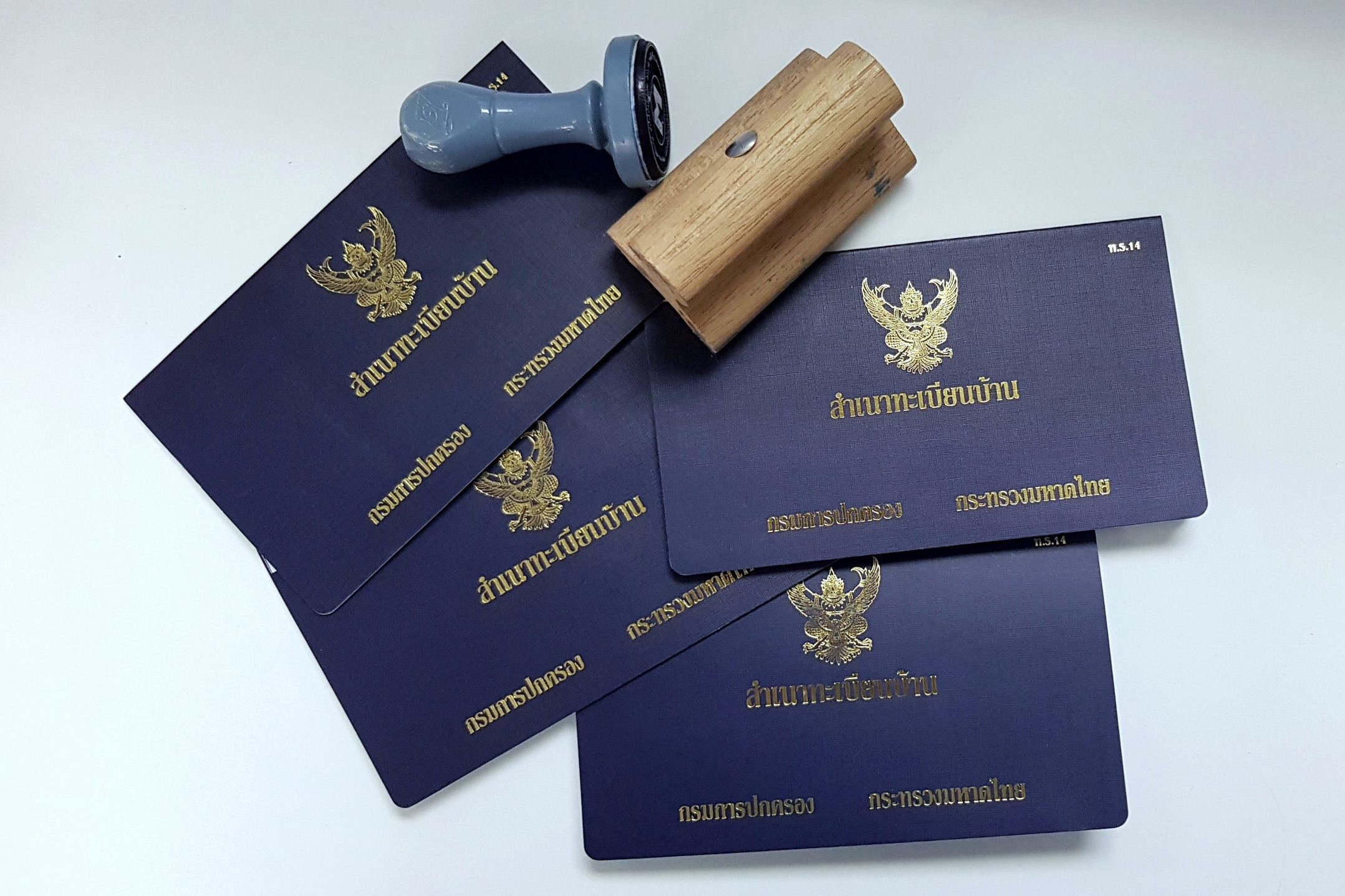Buying A House / Villa In Thailand As A Foreigner: insights
Navigating Thai Real Estate: A Foreigner’s Guide to Buying a House In Thailand
Thailand, renowned for its captivating culture, tropical weather, and vibrant nightlife, is an attractive destination for foreigners contemplating property acquisition, whether for permanent settlement or a holiday getaway. However, delving into the realm of Thai real estate as a foreigner buying a house in Thailand demands careful consideration of legal intricacies. Utilizing the expertise of a property lawyer is essential for ensuring a smooth process.

The Legal Landscape of House / Villa Ownership In Thailand
The Land Code of Thailand imposes restrictions on foreign ownership of lands, making it crucial for foreigners to comprehend the legal nuances surrounding property transactions. Typically, real estate transactions involve both land and the structures on it, such as houses or villas. However, foreign ownership of land is generally prohibited, leading to exceptions that allow ownership of the house under specific conditions:
- Separate Ownership: Foreigners can register and transfer ownership of a house separately from the land it sits on.
- Legal Conformity: The transfer process must adhere to the Thailand Civil and Commercial Code, involve written documentation and be registered with the Land Department.


Steps in Purchasing a House in Thailand
Step 1: Finding the Right House
Venturing into the real estate market in Thailand requires planning and consideration. Here are some crucial steps:
- Utilize registered lawyers and reputable estate agents for advice and protection of your interests.
- Conduct thorough research on Thailand’s real estate outlook, glossary of terms, and FAQs to make informed decisions.
- Be aware of potential pitfalls by asking the right questions during your property search.
Step 2: Setting up Your Thai Company
Given the restrictions on foreign ownership, a common strategy is to set up a Thai limited company to own the house. This involves:
- Consult a lawyer before signing any documents.
- Choosing a suitable business entity, with a Thai Limited Company being a commonly used option.
- Complying with business registration criteria and considering tax implications.
Step 3: Buying a House in Thailand
The actual purchase process involves several key steps:
- Title Search: A crucial step to verify the seller’s ownership of the property and understand the type of title deeds involved (e.g., Chanote, Nor Sor 4).
- Legal Advice: Before signing any contracts, consult a property lawyer to ensure legal compliance and protect your interests.

Transfer of Ownership
The transfer process at the Land Office involves presenting essential documents such as passports, land title deeds, house books, and building permits. Costs associated with the transfer include income withholding tax, transfer fees, stamp duty, and specific business tax.
Navigating the complexities of Thai real estate, especially as a foreigner, demands a thorough understanding of legal procedures and regulations. Seeking legal advice, conducting comprehensive research, and ensuring compliance with all legal requirements are essential steps for a successful and secure property acquisition in Thailand. If you have further legal questions or require assistance in buying real estate in Thailand, consult a reputable firm of attorneys to guide you through the process.
